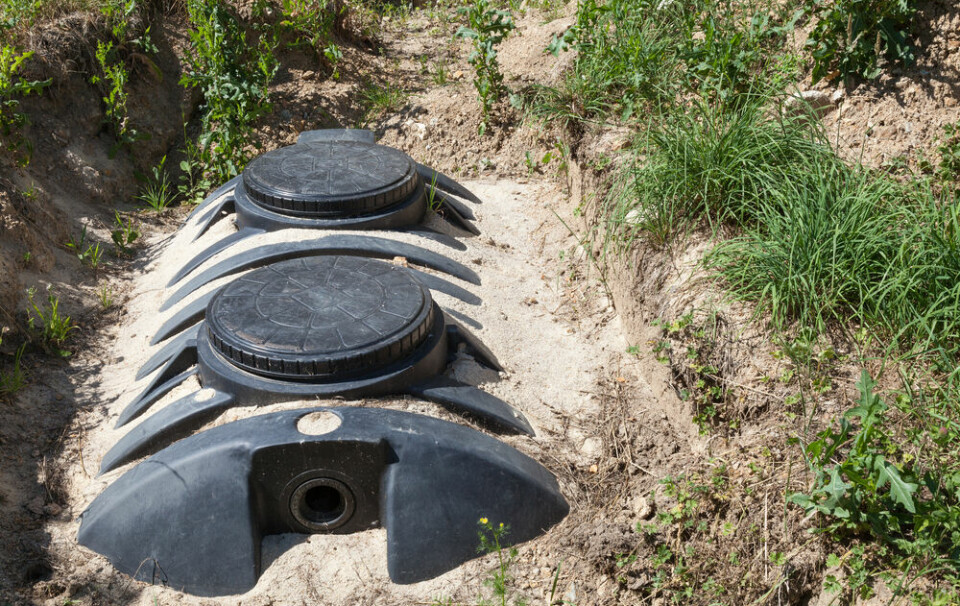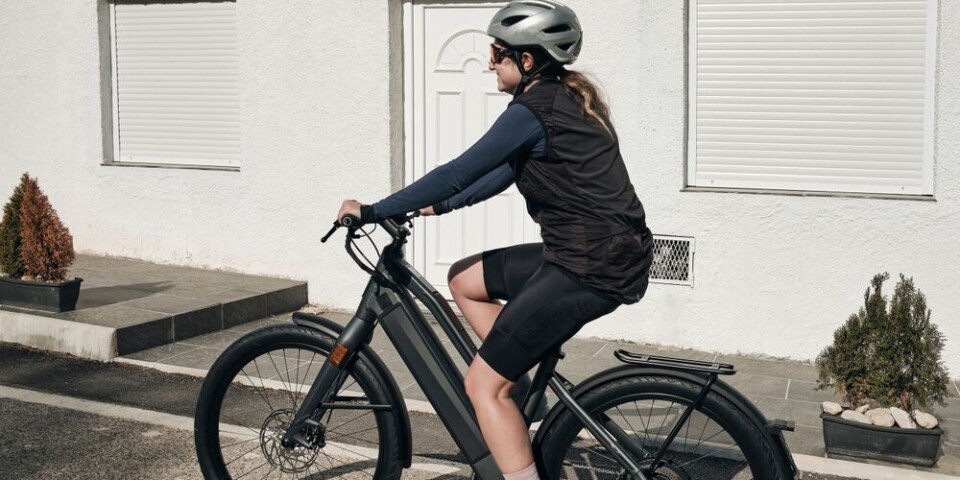New pollution bans from January: Which cars and which cities in France?
Changes mean vehicles with Crit’Air level 3 will be banned in four cities
New rules affect vehicles at a Crit'Air 3 level
Leitenberger Photography / GERARD BOTTINO / Shutterstock
Stricter bans on petrol and diesel vehicles will come into force in four French cities from January 1 2025.
Vehicles of a Crit’Air 3 level – petrol vehicles first registered before January 2006 and diesel vehicles before 2011 – will face restrictions in Paris, Lyon, Grenoble, and Montpellier.
Bans on vehicles of this type are required in Paris and Lyon due to high pollution levels, but authorities in the other two cities have optionally introduced the restrictions.
They will apply in each city’s zones à faibles émissions (low emissions zone or ZFE).
Read more: 2024 MAP: Where are France’s clean air driving zones? What are rules?
All vehicles driving through a ZFE, regardless of pollution levels, require a Crit’Air sticker.
This includes non-French vehicles.
Crit’Air stickers for French and overseas-registered vehicles can be applied for online at certificat-air.gouv.fr, the only official place to obtain one.
Read more: A guide to Crit’Air stickers in France
Rules differ in each city
Three other cities – Marseille, Rouen, and Strasbourg – were previously scheduled to introduce bans on Crit’Air 3 vehicles in 2025, however improvements in air quality saw deadlines pushed back.
Paris and Lyon failed air quality checks, leading to the 2025 timetable remaining in place.
Read more: French air pollution restrictions for vehicles in Paris and Lyon
Below, we look at how the rules work in each city, varying between the four:
Paris
Restrictions will include part of the Grand Paris region – communes surrounding the city – as well as the capital itself.
This map shows all communes where the rules will be imposed.
Crit’Air 3 vehicles will be banned from travelling in these areas between 08:00 to 20:00 Monday to Friday.
Weekends and bank holidays (including those falling in the week) are exempt from the restrictions.
Those caught breaking the rules face a €135 fine, however the Grand Paris website states “In principle, no penalties are currently applied in the metropolitan ZFE, except in Paris [the city proper] and during pollution alerts.”
An educational period, where drivers breaking the rules are reminded of them but not fined, will be put in place “allowing residents, businesses and local authorities to get organised.”
However, vehicles facing the ban will be given 12 one-day passes to use their vehicle in the city when needed without any restrictions.
Read more: Crit’Air 3 vehicles to be allowed limited access to Paris in 2025
The ban on Crit’Air 3 vehicles in the city is the last official change in the timetable, however the authorities have pledged the city will contain “only clean vehicles by 2030.”
Recent changes also saw many drivers banned from the hyper-centre of the city.
Read more: ZTL (limited traffic zone) in Paris: when will fines begin and how much?
Lyon
Restrictions in Lyon will apply 24/7 in the city’s wider ZFE, which you can see on this map.
A further ban on Crit’Air 2 vehicles is scheduled for 2028, although this will only affect the city centre.
Grenoble
Grenoble is the second-largest city in the Auvergne-Rhône-Alpes region after Lyon. Around 20% of vehicles in the region are of a Crit’Air 3 level.
Crit’Air 3 vehicles will be banned from 07:00 to 19:00 Monday to Friday in the city’s wider ZFE, shown on this map.
A ban on Crit’Air 2 vehicles, including all diesel vehicles, is planned for 2030, but is subject to specific city regulations and is not part of a government timetable.
Montpellier
The ban will apply 24/7 in the 11 communes currently making up Montpellier’s ZFE:
Castelnau-le-Lez, Clapiers, Grabels, Jacou, Juvignac, Lattes, Le Crès, Montpellier, Pérols, Saint-Jean-de-Védas, Villeneuve-lès-Maguelone
There are plans to expand the ZFE to include 31 surrounding communes by June 2026 – more information is available on the Montpellier mairie website.
Drivers breaking rules face fines of €68, rising to €135 for buses, coaches, and trucks.





























